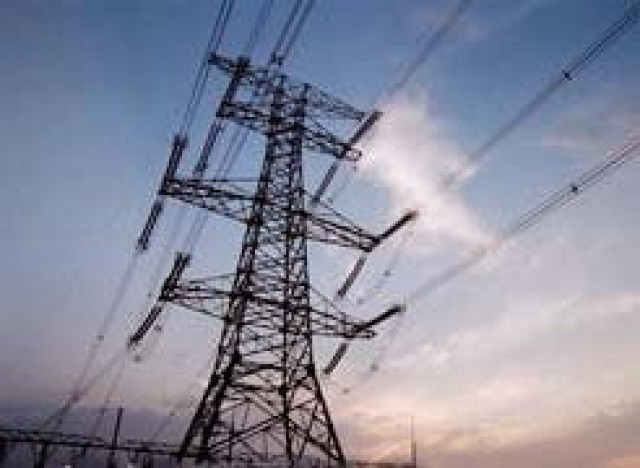Despite steps, circular debt soars to Rs2.1tr
Govt says measures taken to increase bill collection, control power theft

There has been a massive increase in the circular debt that has jumped up to Rs2,150 billion in one year, though the government has taken several measures to curtail it.
The disclosure was made in a meeting of the cabinet held earlier this month and chaired by Prime Minister Imran Khan.
In the meeting, the National Electric Power Regulatory Authority (Nepra) chairman presented the annual State of Industry Report 2019 as well as the power sector’s overview.
“Overall billed revenue of distribution companies (DISCOs) excluding subsidy stood at Rs1,623 billion, while circular debt was calculated at Rs1,618 billion in June 2019 and Rs2,150 billion in June 2020,” the Nepra chief said.
The government says it has taken several measures to increase electricity bill collection and control power theft that has resulted in additional receipts of billions of rupees. Nepra chairman told the cabinet that 188 power generation plants had been commissioned with cumulative capacity of 38,389 megawatts. So far, he added, 320 power generation, six transmission and 23 distribution licences had been issued.
Presenting an overview of power tariff, the Nepra chief said the regulator had determined the tariff for 16 wind power projects with 800MW capacity and for two solar power plants with 100MW capacity.
Power tariff for the Arkari Gol and Shigokas hydroelectric power projects, each having 300MW capacity, was also determined. He said legal proceedings against generation companies (Gencos), Central Power Purchasing Agency-Guarantee (CPPA-G), National Transmission and Despatch Company (NTDC) and DISCOs were undertaken for failure to comply with performance standards.
Nepra received 5,876 consumer complaints, of which 93% complaints were addressed, he said. The Nepra chairman spoke about the poor energy mix due to below-par performance of public sector thermal power generation plants, overloading of NTDC and DISCOs in financial year 2018-19.
He also pointed out some other factors which included the absence of a gas supply agreement between K-Electric and Sui Southern Gas Company (SSGC), high capacity cost due to the addition of take-or-pay based power generation plants over the past five years, declining sales and recoveries.
The Nepra chairman recommended the retirement of inefficient public sector Gencos, induction of renewable energy, availability of more electricity from the NTDC system for K-Electric, sales growth policy, encouragement of industrial consumers and removal of constraints to the transmission and distribution system.
He also recommended the installation of a smart metering system for reducing transmission and distribution losses and the discontinuation of centralised control over DISCOs and Gencos by the federal government under the power sector reforms of 1992.
He stressed the need for market development to promote competition in the proposed wholesale power market. During discussion, a cabinet member underscored the need for quickly introducing a competitive market model, which would greatly improve efficiency, ensure power sector sustainability and attract investment through the provision of a level playing field.
Nepra chairman assured the cabinet that the competitive market model was a priority area and the regulator was expediting necessary approvals for early implementation of the model.
Published in The Express Tribune, September 23rd, 2020.
Like Business on Facebook, follow @TribuneBiz on Twitter to stay informed and join in the conversation.



















COMMENTS
Comments are moderated and generally will be posted if they are on-topic and not abusive.
For more information, please see our Comments FAQ